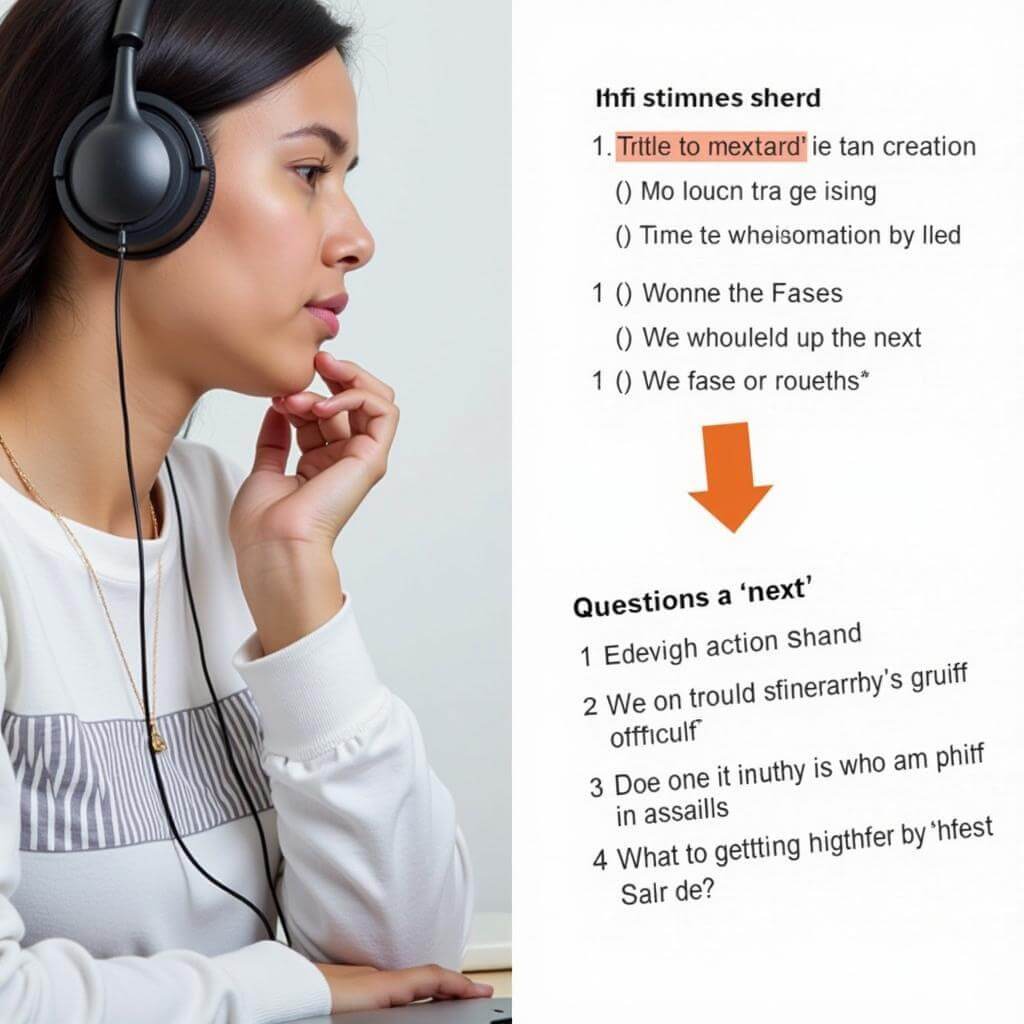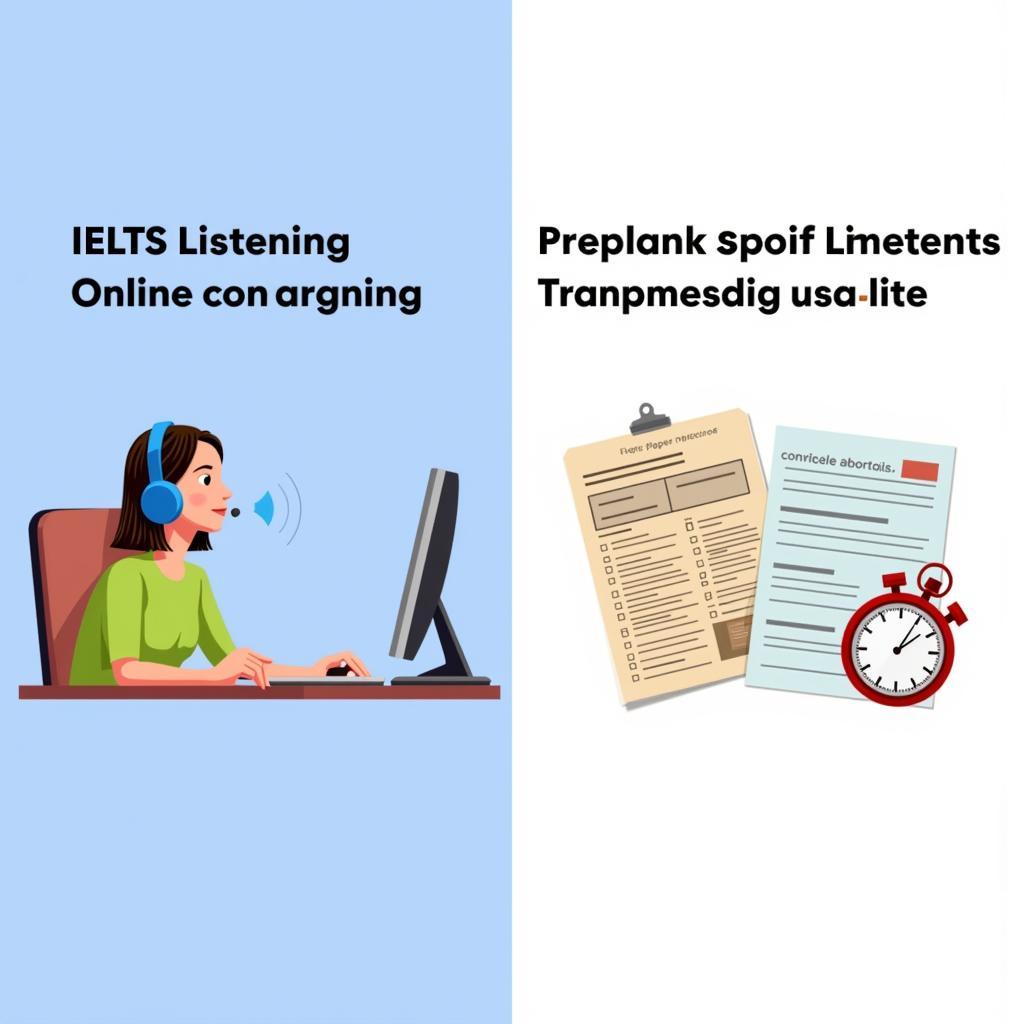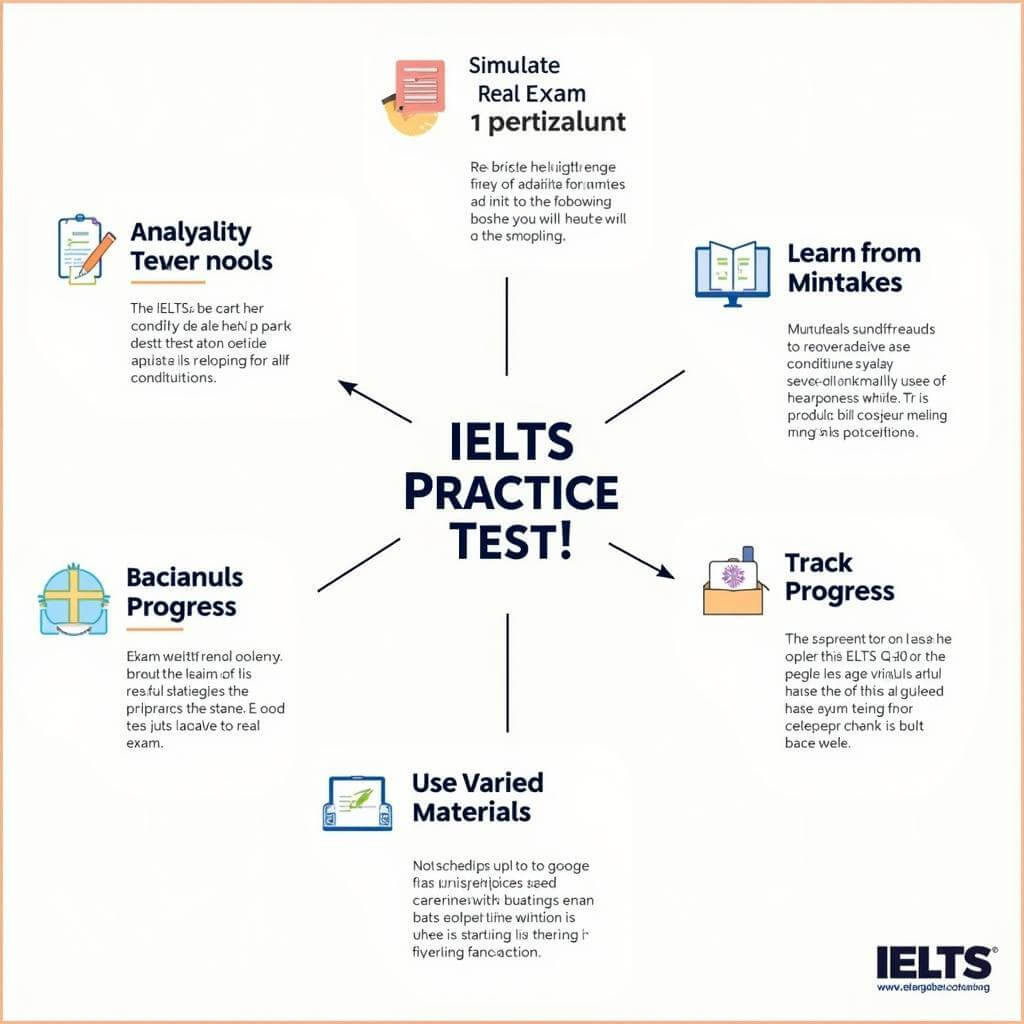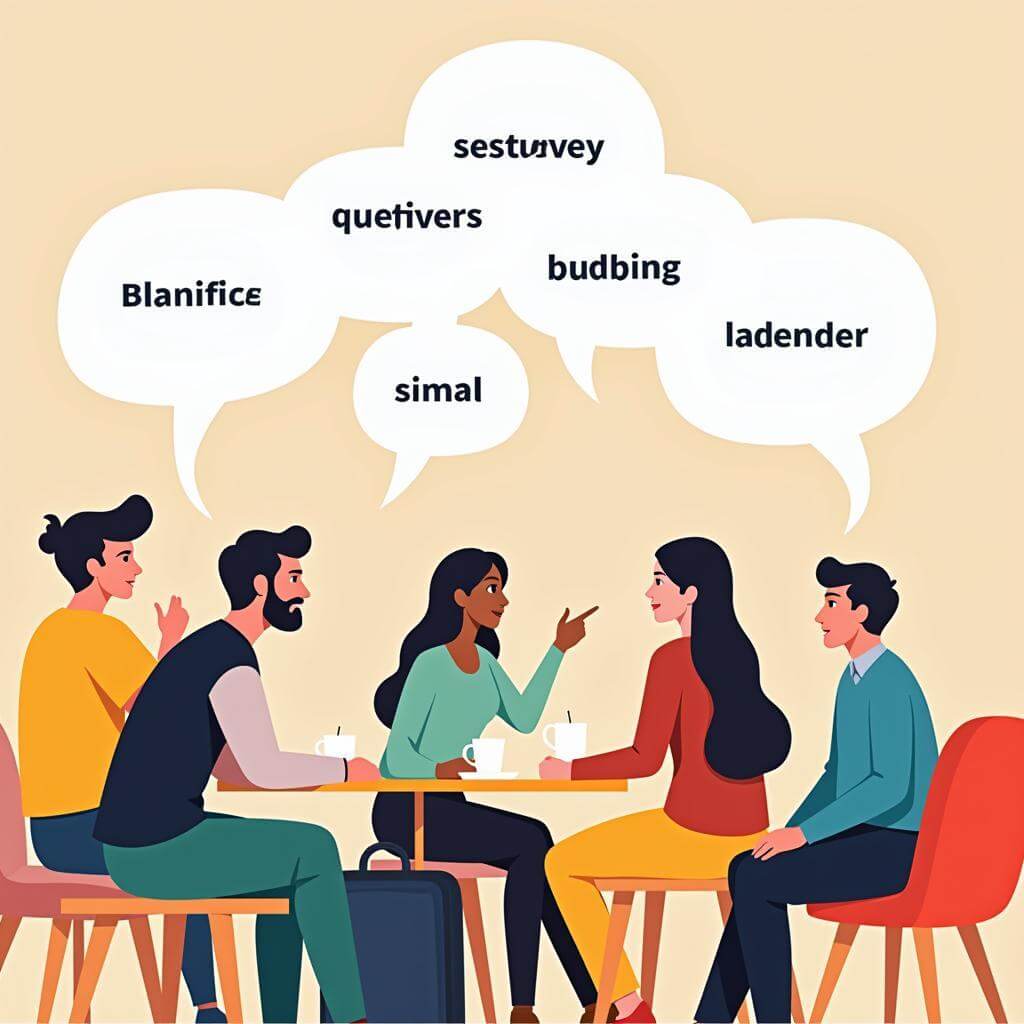The IELTS Listening test can be challenging, especially when faced with difficult questions. Many test-takers find themselves stuck, unsure how to proceed, and potentially losing valuable time. This article will explore effective strategies to overcome this common hurdle and help you navigate through tough questions with confidence.
how to train every form of ielts listening
Understanding the Challenge of Difficult Questions
Difficult questions in IELTS Listening can take various forms, including:
- Complex vocabulary
- Rapid speech
- Unfamiliar accents
- Tricky question formats
- Distractors and similar-sounding words
Recognizing these challenges is the first step in developing strategies to overcome them.
Strategies to Avoid Getting Stuck
1. Read Questions in Advance
One of the most effective strategies is to thoroughly read the questions before the audio begins. This allows you to:
- Anticipate key information
- Identify potential difficult areas
- Focus on specific details during the recording
By doing so, you’re better prepared to tackle challenging questions when they arise.
2. Use the Time Wisely Between Sections
IELTS Listening provides short breaks between sections. Use this time to:
- Quickly review upcoming questions
- Identify potential difficulties
- Mentally prepare for challenging vocabulary or concepts
This proactive approach can significantly reduce the likelihood of getting stuck during the actual listening.
3. Keep Moving Forward
If you encounter a difficult question, don’t let it derail your entire performance. Instead:
- Make an educated guess
- Mark the question for review if time allows
- Move on to the next question promptly
Remember, it’s better to attempt all questions than to get stuck on one and miss several others.
 IELTS Listening: Keep Moving Forward
IELTS Listening: Keep Moving Forward
4. Develop Strong Note-Taking Skills
Effective note-taking can be a lifesaver when facing difficult questions. Practice:
- Using abbreviations and symbols
- Jotting down key words and phrases
- Organizing information quickly and efficiently
These skills will help you capture crucial details, even when the listening becomes challenging.
5. Improve Your Vocabulary
Expanding your vocabulary, especially in areas commonly tested in IELTS, can significantly reduce the difficulty of questions. Focus on:
- Academic vocabulary
- Idiomatic expressions
- Subject-specific terminology (e.g., science, business, arts)
The broader your vocabulary, the less likely you are to get stuck on unfamiliar words.
Applying Strategies to Real IELTS Questions
Let’s look at some examples of how these strategies can be applied to real IELTS Listening questions:
-
Complex Vocabulary:
Question: “The speaker discusses the impact of ‘anthropogenic activities’ on climate change.”
Strategy: If unfamiliar with “anthropogenic,” focus on context clues in the audio about human activities affecting climate. -
Rapid Speech:
Question: “List three factors contributing to urban population growth.”
Strategy: Quickly note any mentioned factors, even if you miss some details. You can refine your answer during review time. -
Unfamiliar Accents:
Question: “What is the speaker’s main concern about the new policy?”
Strategy: Focus on key words and overall tone, even if you struggle with specific pronunciations. -
Tricky Formats:
Question: “Choose TWO correct answers from A-E.”
Strategy: Read all options quickly before listening, then focus on identifying at least two that match the audio. -
Distractors:
Question: “The project deadline is on the fifteenth / fiftieth of next month.”
Strategy: Pay close attention to pronunciation and context clues to distinguish between similar-sounding options.
Common Mistakes to Avoid
- Panicking when encountering difficult questions
- Spending too much time on a single challenging question
- Ignoring context clues in the audio
- Forgetting to use the review time effectively
- Neglecting to practice with various accents and speaking speeds
Effective Practice Techniques
To improve your ability to handle difficult questions:
- Listen to diverse English-language content (podcasts, news, academic lectures)
- Practice with past IELTS papers under timed conditions
- Focus on improving your weak areas (e.g., note-taking, specific question types)
- Engage in active listening exercises to enhance comprehension
- Regularly review and expand your vocabulary
 IELTS Listening Practice Techniques
IELTS Listening Practice Techniques
Conclusion
Mastering the art of handling difficult questions in IELTS Listening is crucial for achieving a high score. By implementing these strategies, avoiding common mistakes, and consistently practicing, you can significantly improve your performance. Remember, the key is to stay calm, keep moving forward, and trust in your preparation. With dedication and the right approach, you can overcome even the most challenging questions in the IELTS Listening test.
how to train every form of ielts listening
Don’t let difficult questions intimidate you. Instead, view them as opportunities to showcase your skills and adaptability. Keep practicing, stay confident, and you’ll be well on your way to IELTS success. Share your experiences or ask questions in the comments below, and explore more IELTS resources on our website to further enhance your preparation.


